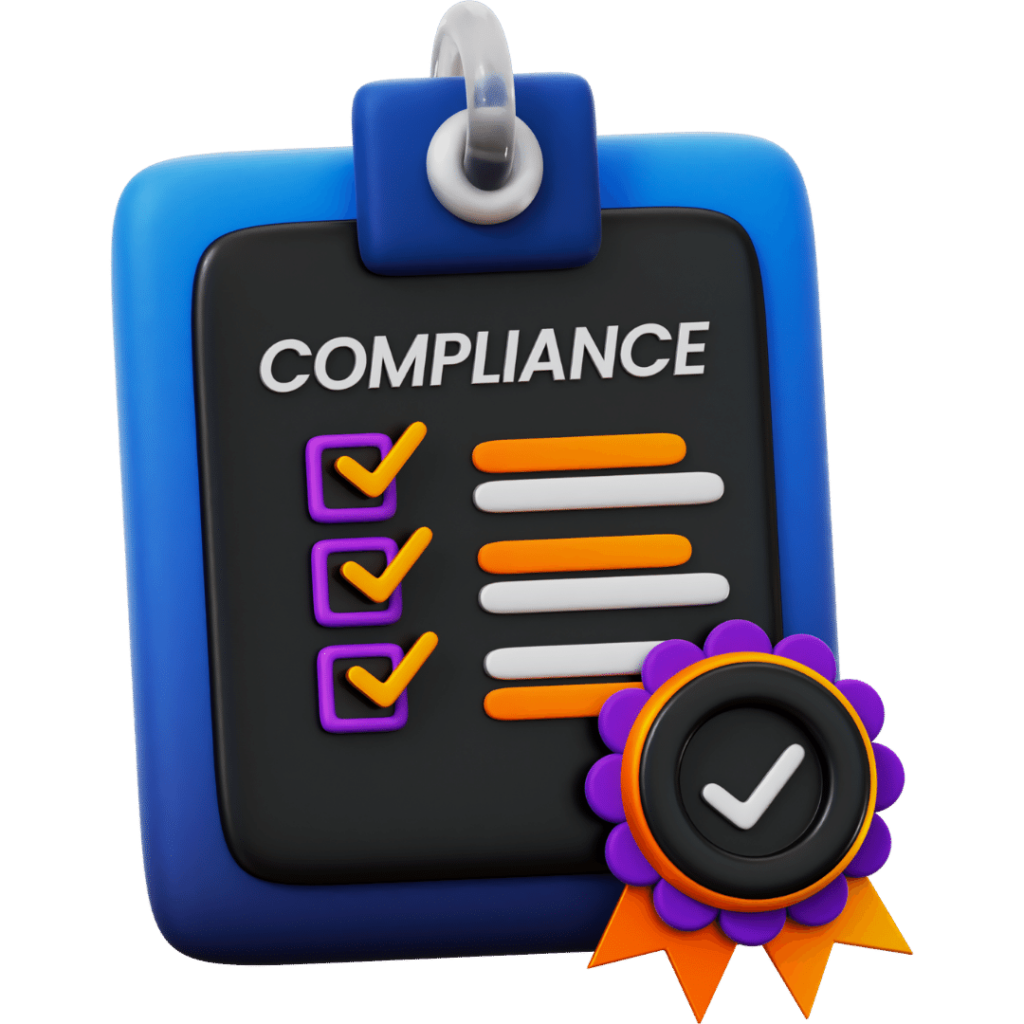Why Cybersecurity Matters in the Energy Industry

Protecting Critical Infrastructure

Ensuring Safety and Reliability

Preserving Data Integrity
Implementing Cybersecurity in the Energy Industry

Network Segmentation
Continuous Monitoring


Regulatory Compliance
Employee Training and Awareness


Network Segmentation

Continuous Monitoring

Regulatory Compliance

Employee Training and Awareness
The Future of Cybersecurity in the Energy Industry
Energy companies will leverage artificial intelligence (AI) and machine learning to enhance cybersecurity capabilities, such as threat detection and response. AI-powered systems can analyze vast amounts of data to identify patterns and anomalies indicative of cyber threats.
Blockchain technology holds promise for enhancing the security and transparency of energy transactions and supply chains. By leveraging blockchain, energy companies can create immutable records of energy transactions, reducing the risk of fraud and tampering.
Energy companies will increasingly collaborate with government agencies, industry partners, and cybersecurity experts to share threat intelligence and best practices. Information sharing initiatives help strengthen the collective cybersecurity posture of the energy industry and mitigate emerging threats.
Need penetration testing for your digital asset?
If yes, please fill the 'Get a Quote' form and submit it. Our security expert will be reaching you directly and take it forward.
